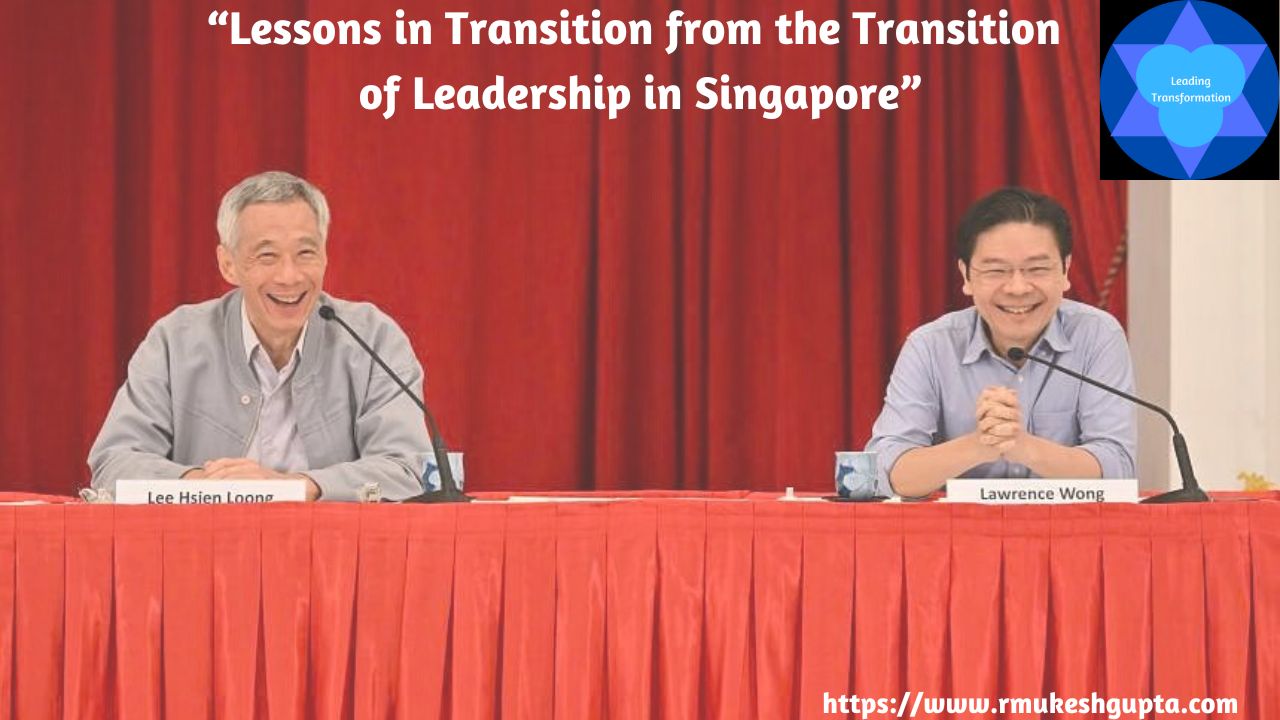
Leo Szilard, in his book – The voice of the dolphins, and other stories has a short story titled The Mark Gable Foundation.
In this short story, there is a conversation between two characters, one of who thinks that the pace of scientific change is too fast and is seeking ideas on how to slow it down. Here is their exchange:
“I’m thinking of setting up a trust fund. I want to do something that will really contribute to the happiness of mankind; but it’s very difficult to know what to do with money. When Mr. Rosenblatt told me that you’d be here tonight I asked the mayor to invite me. I certainly would value your advice.”
“Would you intend to do anything for the advancement of science?” I asked.
“No,” Mark Gable said. “I believe scientific progress is too fast as it is.”
“I share your feeling about this point,” I said with the fervor of conviction, “but then why not do something about the retardation of scientific progress?”
“That I would very much like to do,” Mark Gable said, “but how do I go about it?”
“Well,” I said, “I think that shouldn’t be very difficult. As a matter of fact, I think it would be quite easy. You could set up a foundation, with an annual endowment of thirty million dollars. Research workers in need of funds could apply for grants, if they could make out a convincing case. Have ten committees, each composed of twelve scientists, appointed to pass on these applications. Take the most active scientists out of the laboratory and make them members of these committees. And the very best men in the field should be appointed as chairmen at salaries of fifty thousand dollars each. Also have about twenty prizes of one hundred thousand dollars each for the best scientific papers of the year. This is just about all you would have to do. Your lawyers could easily prepare a charter for the foundation. As a matter of fact, any of the National Science Foundation bills which were introduced in the Seventy-ninth and Eightieth Congresses could perfectly well serve as a model.”
“I think you had better explain to Mr. Gable why this foundation would in fact retard the progress of science,” said a bespectacled young man sitting at the far end of the table, whose name I didn’t get at the time of introduction.
“It should be obvious,” I said. “First of all, the best scientists would be removed from their laboratories and kept busy on committees passing on applications for funds. Secondly, the scientific workers in need of funds would concentrate on problems which were considered promising and were pretty certain to lead to publishable results. For a few years there might be a great increase in scientific output; but by going after the obvious, pretty soon science would dry out. Science would become something like a parlour game. Some things would be considered interesting, others not. There would be fashions. Those who followed the fashion would get grants. Those who wouldn’t would not, and pretty soon they would learn to follow the fashion, too.”
– The Mark Gable Foundation, Leo Szilard
You might ask what this story has got to do with leadership or leading transformation (which is the focus of this blog). I say everything.
I would also like to share a story from my own life which is very similar to this.
About 20 years ago, I one of my mentors had shared a secret with me. Every time there was a competitor in his business popped up, one that had the ability to become a serious threat to his business, he would go out of the way to help them, become their supplier, partner or customer.
He would give them the best prices, great discounts, basically treat them like royalty. When I asked him how did that help him, he said, by doing all of this in the short term, I have made them reliant on me rather than competing with me in the long term.
As they were too focused on the short term profits they made by dealing with me, they never built up serious relationships with the other players in the market.
There would eventually (faster than we can imagine) come a time when they are no longer a threat because no one else in the market would take them seriously and they themselves by focusing on the short term benefits they got from me, lost the drive and became complacent in the longer term.
Once the complacency sets in, it is extremely difficult to get rid of it. It only happens when they are on a burning platform. He would never let that happen. Just give them enough to keep them in the complacency zone.
I have seen this happen in MNC’s all the time, where people who once threatened to upset the status-quo by either starting to question the leadership or by bringing up uncomfortable topics, suddenly get moved into a cushy, well paying job (or they have been parked).
Never Park Someone:
One of our key responsibilities as leaders is to be aware of this tendency and to ensure that this never happens on our watch and definitely not to those whom we lead. We need to find these upstarts and instead of parking them, give them fuel and direct all that energy to the toughest problems that we have to solve and give them direction to take off.
Another lesson from the Mark Gable Foundation story is the importance of systems and incentives.
Systems, Incentives and Unintended Consequences:
The kind of systems and incentives we put in place defines the actions and therefore the culture of any organisation. So, we need to be very intentional and deliberate in putting in place the systems and incentives.
And then observe to see what unintended consequence does that result in and if that is good for us, to amplify it and if not, dampen by changing the system and incentives. The key here is that both systems and incentives go hand in hand. You can not define one without actively shaping the other.
Let’s be very careful and intentional about both. Let us not set up a system or incentives that slows down our progress.
Conclusion:
In conclusion, I just want to state that while the conversation in the story “The Mark Gable Foundation” was supposedly fiction, I believe that it was a commentary on the state of affairs when it came to scientific progress at that point in time and was moving in the wrong direction.
The proof for that is the various studies that proclaim or prove that breakthrough innovation has been on a decline ever since the 1970’s. The book was written and published in 1961. So, Leo was not very far off in his prediction. Since he was a part of the scientific community, he was able to see what was wrong and wrote a satire piece on the same in the short story.
So, let us not allow the slowdown of progress by making sure that the systems and incentives that we set for ourselves and our teams move us closer to where we want to go and not lead us astray.
PS: I got to know about the book and the story by Leo when reading this blog by Jason Crawford who is the founder of The Roots of Progress.




